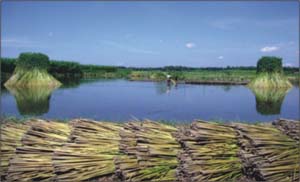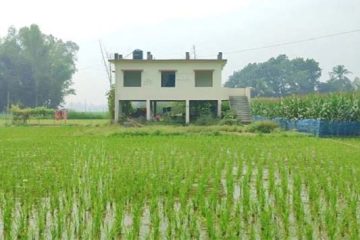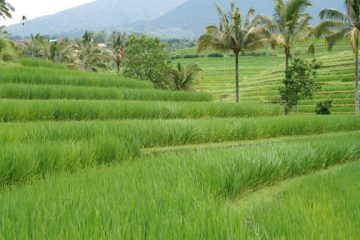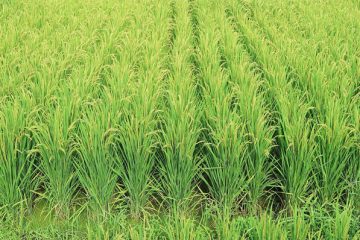 Good yield of jute this season fails to make farmers happy as they are facing problem to rot and process the natural fibre due to lack of water in absence of adequate rain in the ongoing monsoon.
Good yield of jute this season fails to make farmers happy as they are facing problem to rot and process the natural fibre due to lack of water in absence of adequate rain in the ongoing monsoon.
Encouraged by good price of jute last year, farmers in Tangail grew the cash crop on more areas of land this season, reports our Tangail correspondent.
According to local Department of Agriculture Extension (DAE), jute was cultivated on 22,867 hectares of land in 12 upazilas of the district this year while it was cultivated on 15,165 hectares last year.
The farmers have also got good yield as weather was favourable during the cultivation period.
Atoar Rahman of Gomjani Mahmudpur village under Atia union in Delduar upazila cultivated jute on his 200 decimals of land this year and got a good yield. But he is facing problem to rot the plants due to lack of water.
“As there is scanty water in local water bodies, we have to manage water with shallow machine to rot jute plants. Insufficient rainfall and unplanned construction of several sluice gates in the area has led to the situtaion,” said Atoar’s wife Razia Begum.
Many other jute growers in the area are facing the same problem.
“I expect at least 12 maunds of jute from 52 decimals of land this year. However, I have to spend more labour cost for carrying the jute to other place for rotting,” Saiful Islam of Elenga in Kalihati upazila said.
SM Afazuddin, deputy director (DD) of Tangail DAE, said they have extended all kinds of assistance for jute cultivation in the district and also introduced ‘ribbon rating’ method to the jute growers for rotting their jute plants.
The government has already allocated Tk 1 crore 70 lakh for 85,000 jute growers in the district as financial support for rotting jute plants with ribbon rating method.
Jute growers, however, said it is not possible to rot jute plants in large scale with ribbon rating system.
Besides, the jute sticks cannot be used for purposes other than burning after rotting jute plants using ‘ribbon rating’ method, they added.
A Correspondent reports from Benapole: Jute farmers in bordering Sharsha upazila of Jessore district are fearing losses as they cannot rot the plants due to lack of rain water in the middle of monsoon.
Huge amounts of cut jute plants, kept in the field by farmers in hope of rain, are turning reddish and getting dried.
Insects are also infecting the fields.
Many farmers have refrained from cutting jute plants as there is no water to rot it.
As they got high price for jute last year, farmers in Sharsha upazila became more interested in jute cultivation and the production exceeded target in this season.
Of the total 29,240 hectares of arable land in the upazila, 6781 acres were brought under jute cultivation this year. It is 4,221 hectares more than last year’s.
The government has allocated subsidy of Tk 200 for each farmer for rotting jute but lack of water frustrates the initiative.
The agriculture department, however, has started providing the farmers with training on alternative ways to rot jute by taking off the barks and keeping the jute in pits.






